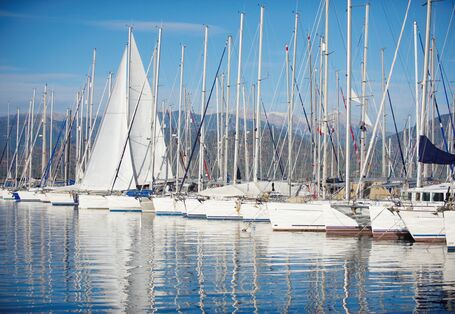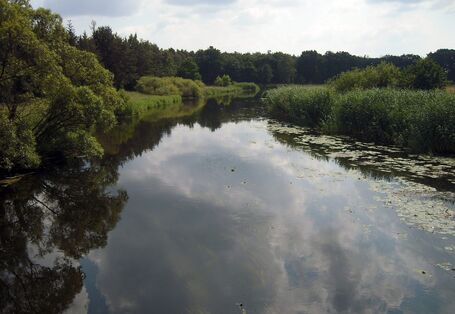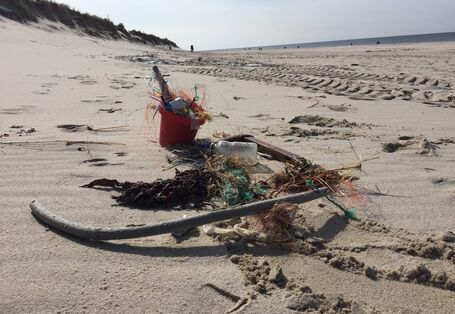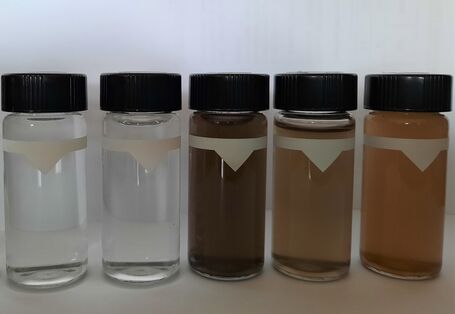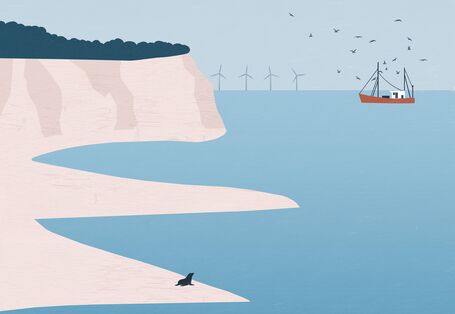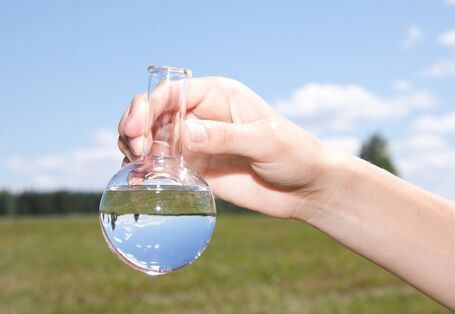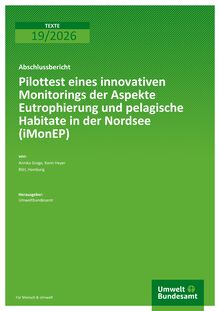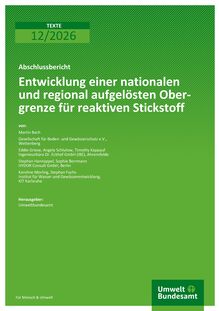OECD handbook reinforces environmental protection in raw material

The new OECD Handbook on Environmental Due Diligence in Mineral Supply Chains is a milestone for environmental protection in global value chains. For the first time, a clear description is given of how companies can identify, assess and prioritise environmental issues at the beginning of their global supply chains and take measures to prevent, mitigate or find solutions to arising problems.



